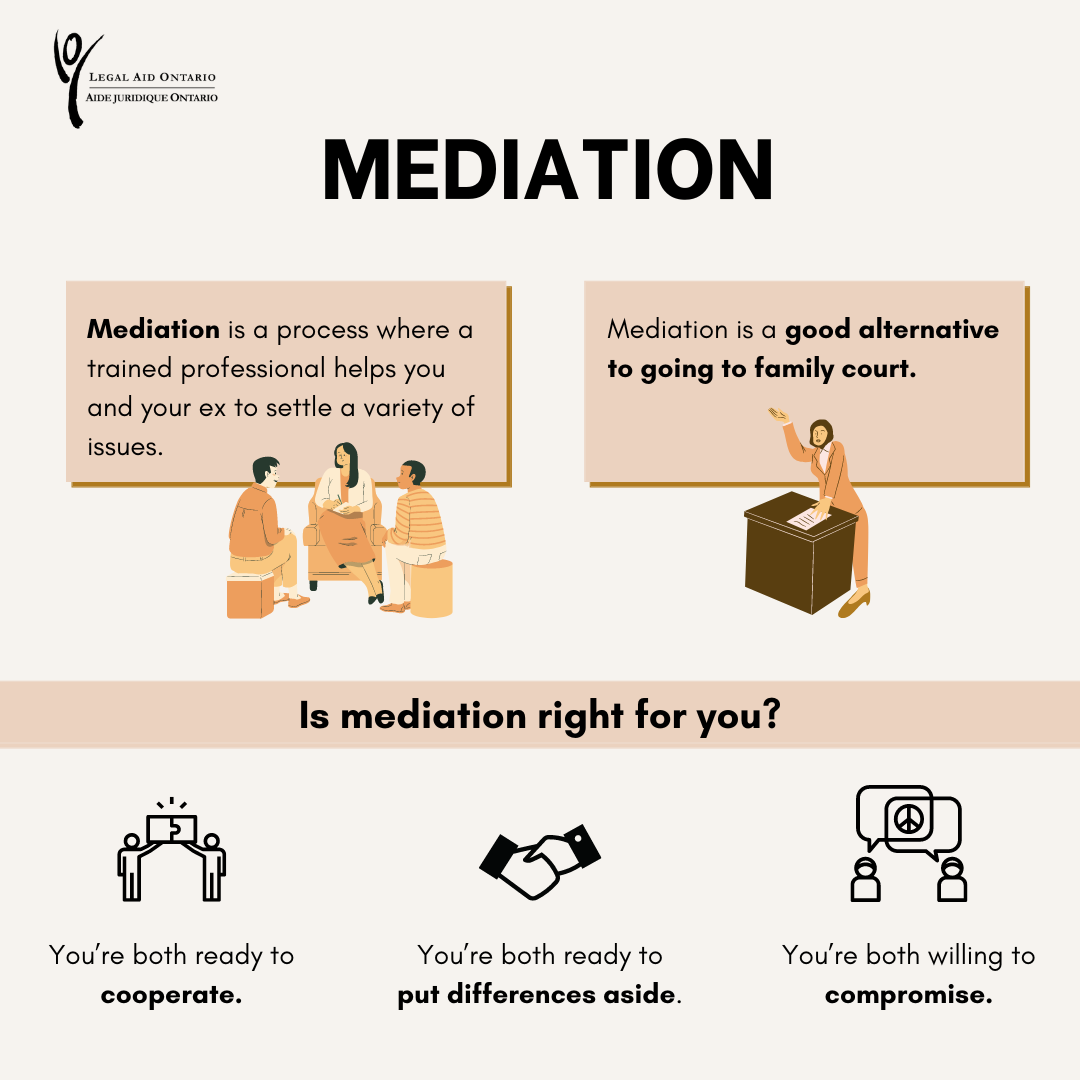Medical malpractice is a term that are often used interchangeably with medical negligence. It is a legal term that describes the actions or in actions of healthcare professionals that lead to harm, injury, or death of patients under their care. Medical malpractice claims can arise from various types of negligence including misdiagnosis, surgical errors, medication errors, birth injuries, and failure to provide appropriate care. The legal liability that arises from medical malpractice can be significant, and healthcare professionals must work to avoid it.
Legal liability is a legal obligation that arises from an act or a failure to act. In healthcare, legal liability arises when medical professionals breach their duty of care to patients and cause harm or injury to them. Legal liability can arise from a wide variety of situations, ranging from negligence on the part of the medical professional to failure to follow proper protocols and procedures. In medical malpractice cases, the legal liability falls primarily on the healthcare professionals who are responsible for the care of patients.
Medical malpractice can take a heavy toll on patients, their families, and healthcare professionals. Patients who are injured or harmed in a medical malpractice incident may experience significant financial, physical, and emotional consequences. They may require additional medical treatment, rehabilitation, or even lifelong care. They may also experience lost wages and reduced quality of life. Families of the patients may also be affected, both financially and emotionally.
For healthcare professionals, medical malpractice and legal liability can negatively impact their careers and reputations. They may face disciplinary actions, loss of licensure, and damage to their professional reputation. They may also face lawsuits and financial damages, which can be significant.
To avoid medical malpractice and legal liability, healthcare professionals must take steps to provide safe and appropriate care to their patients. They must follow proper protocols and procedures, stay up-to-date on the latest research and technology, and communicate effectively with patients and their families. They must also take steps to prevent errors and avoidable harm, including regular training and educational opportunities.
Medical malpractice and legal liability are complex issues that require careful consideration and attention. Healthcare professionals must take steps to protect themselves and their patients from the potentially devastating consequences of medical malpractice incidents. By providing high-quality care, staying up-to-date on the latest research and technology, and following proper protocols and procedures, healthcare professionals can reduce the risk of medical malpractice and legal liability, and provide safe and effective care to their patients.



